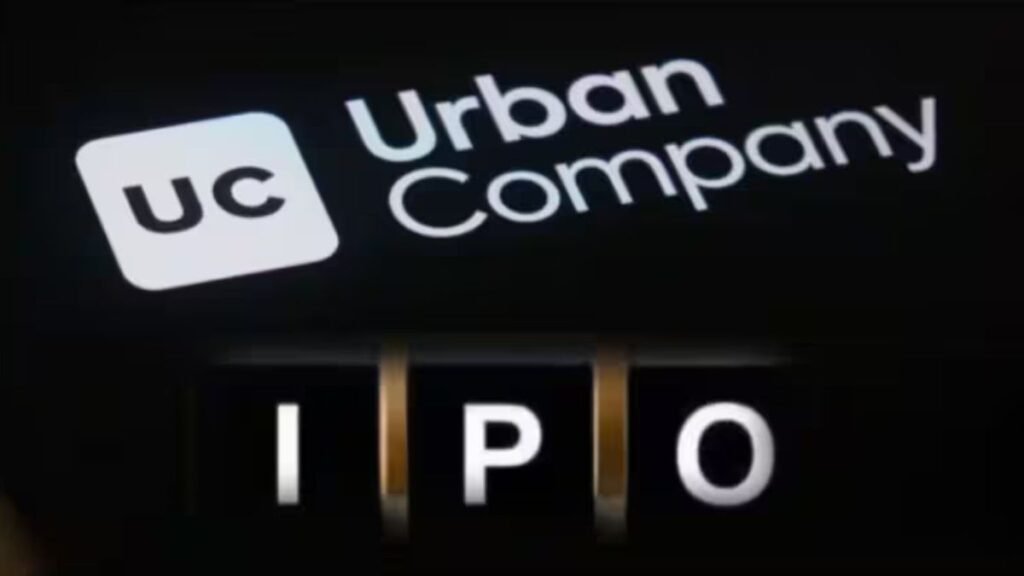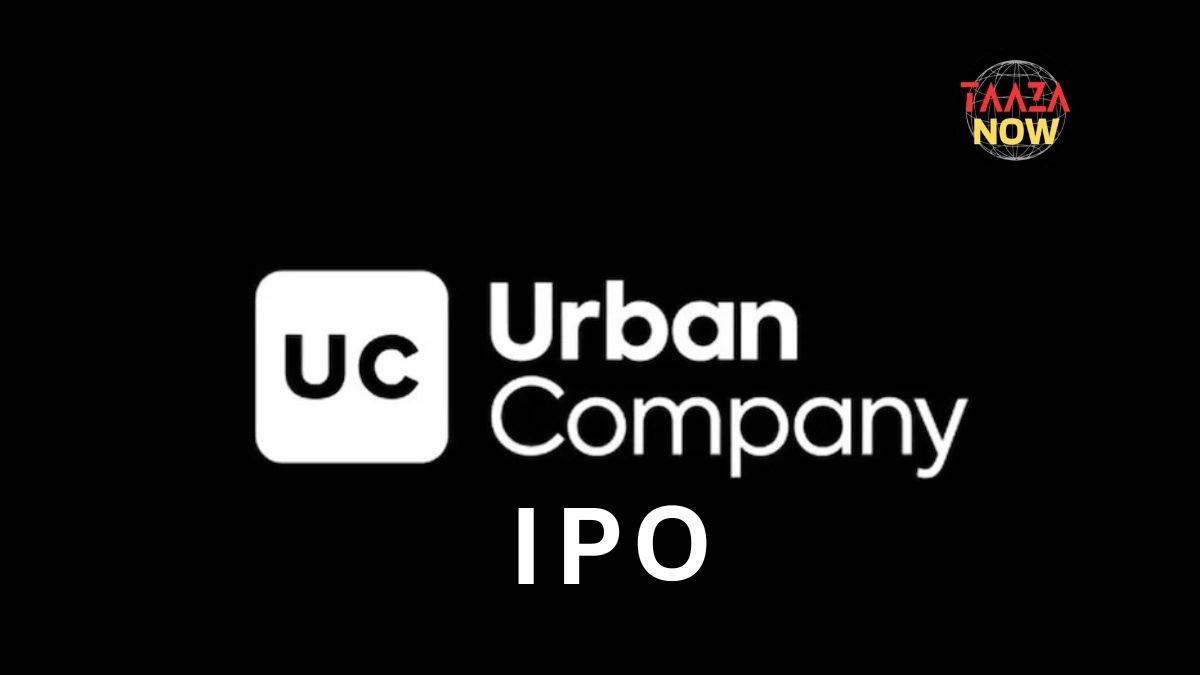The Indian stock market is buzzing with excitement as the Urban Company IPO opened with an overwhelming response from investors. Within just two hours on Day 1, the issue was fully subscribed, making it one of the most talked-about listings in recent times. With a valuation pegged at nearly ₹14,790 crore, this IPO is being closely watched by retail investors, institutional buyers, and market analysts alike.
Urban Company IPO: A Strong Opening
The Urban Company IPO hit the primary market on September 10, 2025, and investors wasted no time in grabbing their share. According to data released by the NSE, the IPO attracted bids for 10.81 crore shares against 10.67 crore shares available by noon on Day 1 itself.
This quick subscription reflects the high demand and investor confidence in the Gurugram-based startup, which has become India’s leading tech-enabled platform for beauty, grooming, and home services.
Subscription Details
- Non-Institutional Investors (NII): Subscribed 1.29 times.
- Retail Individual Investors (RII): Subscribed 3.02 times.
- Qualified Institutional Buyers (QIB): Subscribed 20 percent by midday.
This shows that the IPO received balanced interest across categories, with retail investors displaying particularly strong enthusiasm.
Anchor Investors and Pre-IPO Fundraising
A day before the IPO opened for public subscription, Urban Company IPO raised ₹854 crore from anchor investors. This move not only boosted confidence but also signaled institutional trust in the company’s growth story. Anchor investors typically set the tone for broader market participation, and the sizeable investment ahead of the IPO indicated strong momentum.
Price Band and Valuation
The IPO has been priced in the range of ₹98 to ₹103 per share. At the higher end, the company’s valuation reaches approximately ₹14,790 crore. This pricing strategy appears to balance accessibility for retail investors while ensuring a solid valuation for the company and its stakeholders.
For investors, the entry point of just under ₹100 per share makes the Urban Company IPO relatively affordable compared to some recent tech IPOs, which were priced significantly higher.
Fresh Issue and Offer for Sale
The total issue size stands at ₹1,900 crore. Of this:
- ₹472 crore will be raised through the issuance of fresh equity shares.
- ₹1,428 crore will come from existing investors selling part of their stakes through an Offer for Sale (OFS).
This blend allows the company to bring in new capital for growth while also providing liquidity to early investors.
Key Dates for Urban Company IPO

For those tracking the timeline, here are the critical dates:
- IPO Opening Date: September 10, 2025
- IPO Closing Date: September 12, 2025
- Share Allotment Finalisation: September 15, 2025
- Listing Date: September 17, 2025
- Exchanges: BSE and NSE
These dates are crucial for retail investors waiting to check allotment status and for traders planning to capitalize on listing-day momentum.
Grey Market Premium (GMP) Buzz
The Urban Company IPO has also created strong activity in the grey market, where shares were reportedly trading at a healthy premium over the issue price. While GMP is not an official indicator, it often reflects investor sentiment and expectations ahead of listing.
Market watchers suggest that the robust subscription and the buzz around Urban Company’s business model are likely to result in strong listing gains.
The Business Model of Urban Company
Urban Company, founded in 2014 and headquartered in Gurugram, operates as an app-based platform that connects customers with trained professionals for a wide range of services. These include:
- Beauty and grooming at home
- Appliance repair and maintenance
- Cleaning services
- Fitness and wellness sessions
- Carpentry, plumbing, and electrical work
By focusing on quality, convenience, and trust, Urban Company has transformed itself into India’s go-to destination for at-home services.
Expansion Plans
With proceeds from the Urban Company IPO, the startup aims to strengthen its technology platform, expand its geographical presence, and invest in training and upskilling service professionals. This aligns with its long-term goal of building a sustainable and scalable ecosystem in the service sector.
Why Investors Are Excited About Urban Company IPO
Several factors explain why the Urban Company IPO has generated such massive investor interest:
- Market Leadership: Urban Company is the largest player in India’s at-home services market, with strong brand recognition.
- Tech-Driven Growth: The platform uses AI, data analytics, and customer feedback to constantly improve user experience.
- Rising Demand: Post-pandemic, there has been a surge in demand for at-home services due to safety and convenience.
- Revenue Streams: Multiple service categories ensure a diversified income base.
- Future Potential: With urbanization and digital adoption growing rapidly, Urban Company is well-placed to capture expanding market opportunities.
Risks to Consider
While the Urban Company IPO looks attractive, investors must also weigh certain risks:
- Profitability Concerns: Like many tech-driven startups, Urban Company is still on its journey to sustained profitability.
- Competition: The at-home services sector is attracting new entrants, including smaller startups and traditional service providers going digital.
- Regulatory Challenges: Consumer protection laws and labor regulations may impact how Urban Company manages its large network of service professionals.
- Dependence on Urban Markets: Heavy reliance on metro and tier-1 cities could limit growth if expansion into smaller towns faces challenges.
Expert Opinions
Market analysts have been largely optimistic about the Urban Company IPO, citing strong fundamentals and the company’s proven track record. However, some experts advise caution due to potential volatility on listing day.
- Bullish View: Optimists believe Urban Company could deliver significant listing gains, driven by its strong brand and business model.
- Cautious View: Skeptics warn that the IPO boom in India has seen some overvalued listings, and long-term investors should focus on fundamentals rather than short-term hype.

